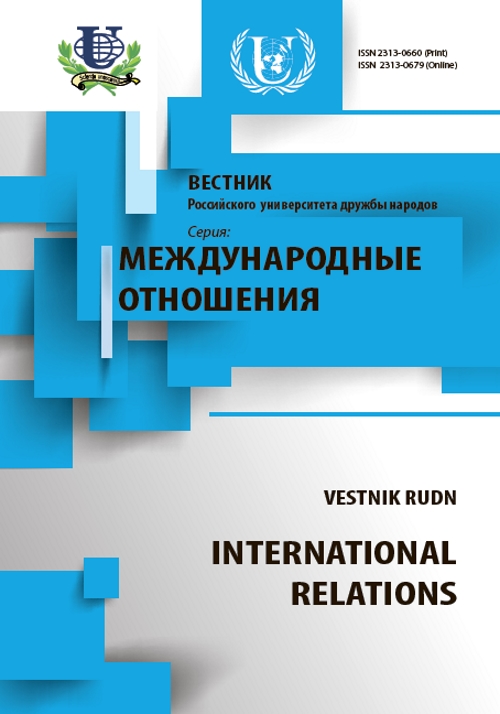The Ruling Former National Liberation Movements in Zimbabwe, Namibia and South Africa and Challenges of National Reconciliation, Broad Participatory Democracy and Good Governance
- 作者: Ndali - Che Kamati -1
-
隶属关系:
- 期: 编号 2 (2014): Security: Global and Regional Levels. Post-Soviet Area
- 页面: 102-112
- 栏目: Articles
- URL: https://journals.rudn.ru/international-relations/article/view/10552
如何引用文章
全文:
详细
The concept of national reconciliation became policy strategies in political discourse in Zimbabwe and Namibia after independence and South Africa after democratisation. The objective was to avoid the civil war experienced in neighbouring Angola and Mozambique after independence. Current argument however is that reconciliation mainly harmonising relations between blacks and whites and between the new government and capital is not sufficient. It is argued that reconciliation should fundamentally extent to the formerly deprived black majority the right of access to natural resource and addresses their economic well being. Political processes and developments in these three countries also reveal that settlement compromises made at independence and new democratic dispensation predicated on liberal constitutions followed by neo-liberal economic policies are sources of enormous governance challenges facing the leadership of these countries today.
参考








